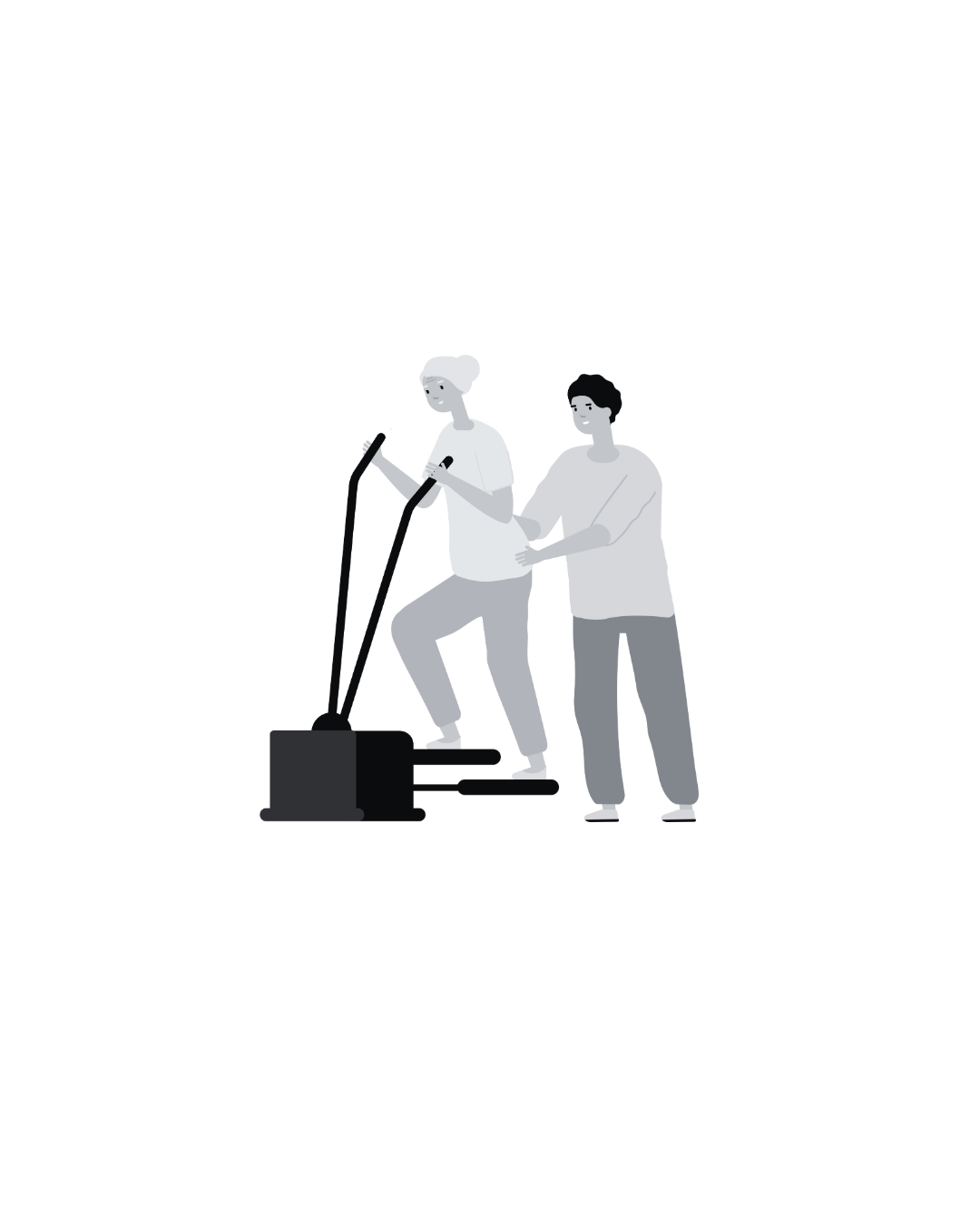Description
An Advanced Diploma in Assistant Physiotherapist is designed to prepare students for roles in supportive physiotherapy positions, allowing them to assist licensed physiotherapists in delivering care to patients. This program typically covers the fundamentals of physiotherapy, rehabilitation techniques, patient care, and relevant administrative skills necessary for a career in this field.
Course Details:
Duration: Usually 1 to 2 years, depending on the institution and the format of the program (full-time or part-time).
Eligibility: Typically requires a high school diploma or equivalent; a background in health sciences or related areas may be beneficial.
Mode of Study: A combination of classroom instruction, practical skills labs, and clinical placements or internships.
Curriculum:
The curriculum for an Advanced Diploma in Assistant Physiotherapist typically includes the following key components:
1. Introduction to Physiotherapy
Overview of Physiotherapy: Understanding the role of physiotherapy in healthcare, including the various therapies and techniques used to manage and rehabilitate patients.
History and Evolution: Study of the development of physiotherapy as a profession and its significance in health and wellness.
2. Anatomy and Physiology
Human Anatomy: Detailed study of the musculoskeletal, cardiovascular, respiratory, and nervous systems as they relate to physical health and therapy.
Physiology of Movement: Understanding how body systems facilitate movement and the impact of injuries or ailments on these systems.
3. Therapeutic Techniques
Manual Therapy Skills: Introduction to basic manual therapy techniques, including massage and mobilization.
Exercise Therapy: Learning how to design and implement exercise programs tailored to individual patient needs, including strength training, stretching, and balance exercises.
4. Patient Assessment and Care
Physiotherapy Assessment Techniques: Skills for evaluating patients effectively, including taking medical histories and conducting physical examinations.
Implementation of Treatment Plans: Understanding how to assist in implementing the physiotherapist?s treatment plans and monitoring patient progress.
5. Rehabilitation Principles
Rehabilitation Techniques: Learning about rehabilitation processes for various conditions, including post-operative care, injury recovery, and chronic pain management.
Patient Mobility and Transfers: Techniques for safely assisting patients with mobility, transfers, and the use of assistive devices.
6. Professional Ethics and Communication
Ethics in Physiotherapy: Understanding the ethical considerations in patient care and professional conduct within the healthcare setting.
Effective Communication Skills: Developing strong communication skills for interacting with patients, families, and other healthcare professionals.
7. Infection Control and Safety Practices
Infection Control Protocols: Learning about hygiene and safety standards to minimize infection risks in clinical settings.
Emergency Procedures: Familiarity with basic life support and first aid procedures relevant to physiotherapy settings.
8. Health Records Management
Documentation and Recordkeeping: Skills for maintaining accurate patient records, including treatment notes, progress reports, and discharge summaries.
Healthcare Regulations: Understanding healthcare policies and regulations related to patient privacy and data protection.
9. Clinical Placement
Practical Experience: Hands-on training through clinical placements, where students apply their skills in real-world settings under the supervision of licensed physiotherapists.
10. Capstone Project or Research
Final Project: Option to undertake a research project or practical assignment that demonstrates the knowledge and skills acquired throughout the program.
Assessment:
Assessment methods in this program typically include:
Practical Skills Evaluation: Demonstrating essential skills in patient care and physiotherapy techniques.
Written Exams and Assignments: Testing theoretical knowledge through essays, case studies, and quizzes.
Clinical Competency Assessments: Evaluations during clinical placements to assess hands-on skills under supervision.
Career Opportunities:
Graduates of an Advanced Diploma in Assistant Physiotherapist can pursue various roles, including:
Physiotherapy Assistant: Working under the supervision of physiotherapists in hospitals, clinics, and rehabilitation centers.
Rehabilitation Aide: Assisting in rehabilitation programs in various settings, including sports medicine or orthopedic clinics.
Fitness Instructor: Utilizing knowledge of exercise therapy to guide patients in fitness settings or rehabilitation programs.
Home Health Aide: Providing physiotherapeutic support in patients’ homes, helping with mobility and exercises.
This advanced diploma program prepares students for a fulfilling career in the healthcare sector, ensuring they are well-equipped to support physiotherapists and contribute to patient recovery and rehabilitation. If you have any further questions or would like more specific information about the program, feel free to ask!









